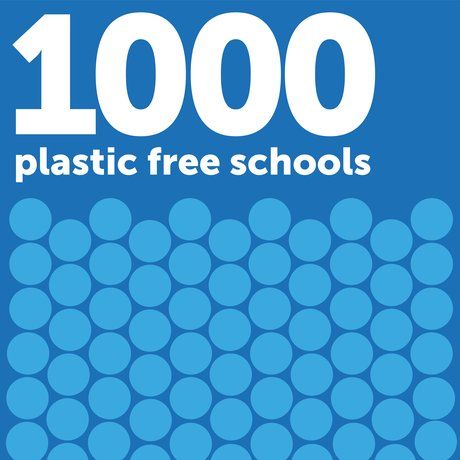Key message
Key challenges
- Citizens across the world have a limited knowledge of ocean related environmental or protection issues. Ocean literacy is not commonly included in mainstream teaching practices.
(Ferreira et al, 2021) - There is a tremendous opportunity to incorporate ocean literacy into STEM education. Yet national curricula globally lack any ocean literacy related content. Coastal and marine issues are nearly absent in science or geography curricula in countries like the UK, Canada, Brazil, China, and Australia. The word ‘ocean’ is not mentioned once in New Zealand’s curriculum.
(Visbeck, 2018) (Gough, 2017) - Increasing urbanisation contributes to global disconnectedness to the ocean. It is estimated that over two thirds of the world's population will live in cities by 2030. Limited transport from regions further away from the cot further exacerbates this disconnection to the coast.
(Kelly et al, 2022)
Make the case
- Ocean literacy provides valuable social and economic returns. Limiting global warming to 1.5 degrees Celsius, as outlined in the Paris Climate Agreement, could result in billions of dollars in extra revenue for fisheries globally, most concentrated in the developing world where many rely on fish as a source of protein.
(Sumaila et al., 2019) - Ocean literacy is vital to protecting global food stocks. Studies have estimated that all commercial and wild seafood stocks may collapse by 2048, with three billion people relying on seafood as a major source of protein. Education is a critical component to ensuring sustainable fishing practices are put into place.
(Stokstad, 2006) (FAO, 2018) - Teachers are a force multiplier for ocean literacy. In the US, 850 teachers who were trained on ocean science and conservation have educated 500,000 students in classrooms, and more than three million others through conferences and outreach.
(NOAA, 2020) - Ocean literacy is key to conservation and the protection of livelihoods. Across three countries, education on sustainable fishing practices and the establishment of protected areas for fishing and conservation has generated positive impact. Fish populations have remained stable or increased in 97% of the more than 600,000 hectares protected, providing stable jobs, food, and income for generations to come.
(Rare, 2018) - Providing ocean literacy in schools can have a direct and immediate impact. In the UK, a student-led education programme outlining the consequences of plastic waste in the oceans has led to more than 1,000 schools going plastic free.
(Surfers Against Sewage, 2019) - Educated consumers drive the purchase of sustainable seafood, with great benefit to marine environments. Through consumer education and its commercial fisheries certification programme, the Marine Stewardship Council (MSC) has helped to grow sustainable fish populations across the world. Today, over 15% of all marine wild catch is MSC certified and sold at over 38,000 sites throughout the world.
(Blue Circle, 2019) (MSC, Accessed 2020) - Ocean literacy has intergenerational impact. With the aim of creating sustainability in their fishing stocks for the next generation, fishermen in Lira, Spain, created the Mardelira Project, providing marine environmental awareness training to children in classrooms, and related visits to the field. Children write a ‘Letter to the Future’ with their learnings, read at their local town council meetings.
(FAO, Accessed 2020) - Local and traditional knowledge can play a critical role in retaining understanding of the ocean. For example, in the Arctic, indigenous knowledge is widely included in community-based research. The transfer and sharing of traditional knowledge and practices is an important component of ocean literacy initiatives.
(Kelly et al, 2022)
Key infographic

In the UK, a student-led education programme outlining the consequences of plastic waste in the oceans has led to more than 1,000 schools going plastic free
Key talking points
- Globally, education about the oceans is often absent from the curricula.
- Education programmes in schools and with professionals working in fishing and conservation have had a positive impact on ocean health.
- Ocean literacy is vital to protecting global food stocks.
- 10% of the world's population depends on fisheries for their livelihoods, and 4.3 billion people are reliant on fish for 15% of their animal protein intake.
Share This Resource
Similar Themes





